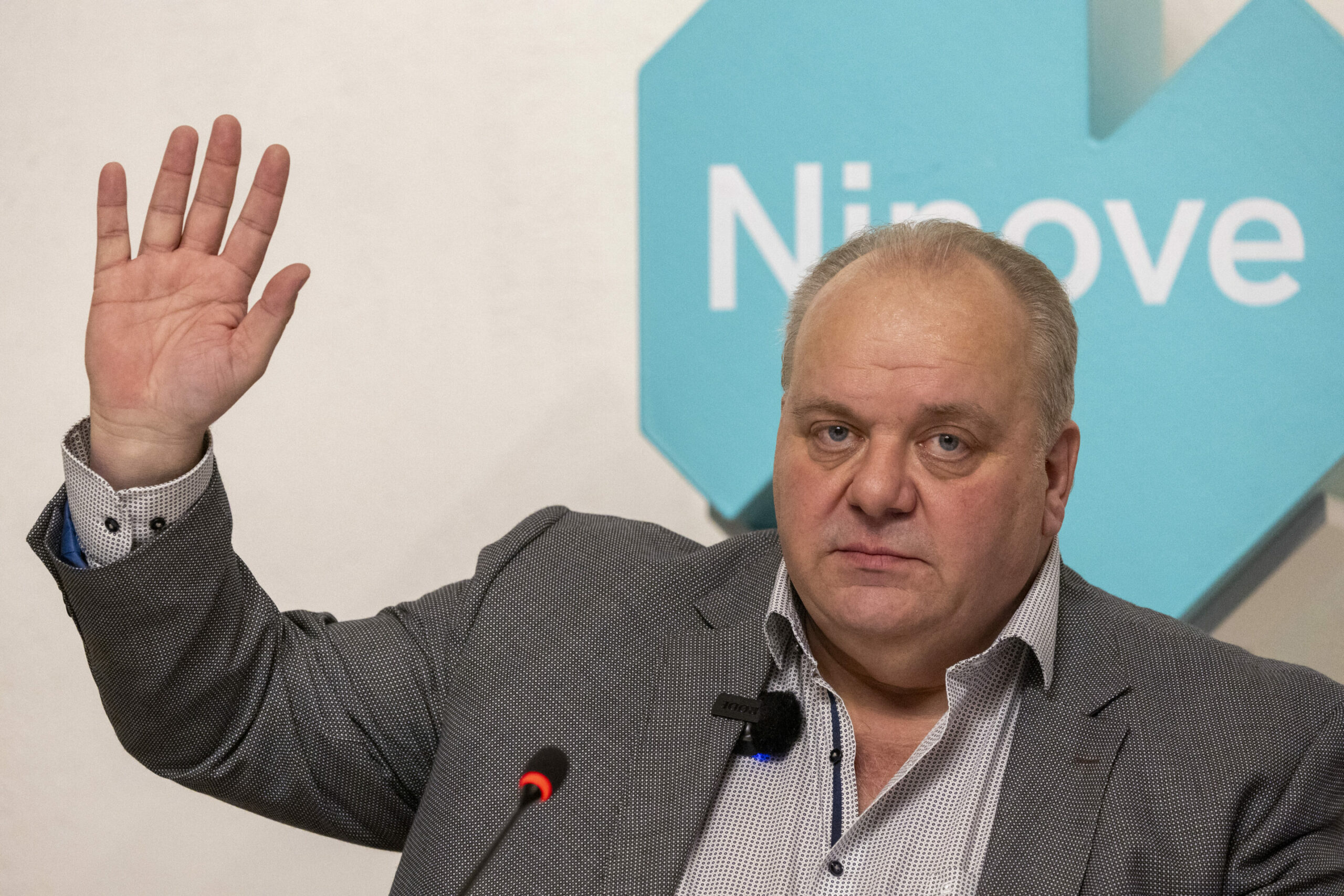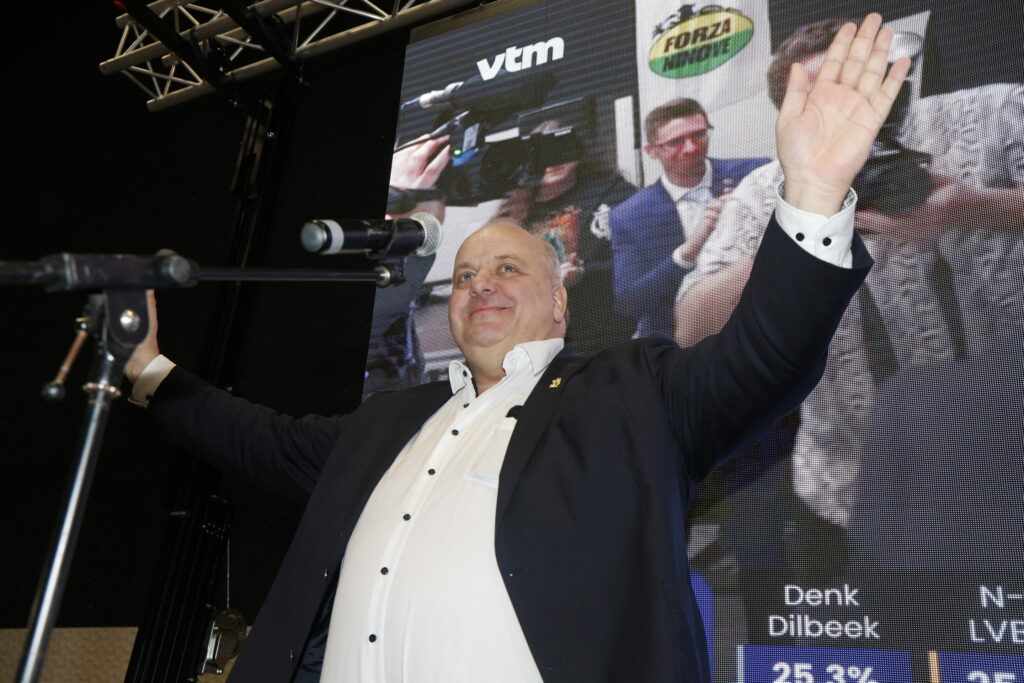The results of Belgium's local elections of October 2024 have come under scrutiny in Ninove (East Flanders), as strong evidence now points to the far-right Forza Ninove party having used fraudulent proxy votes to secure an outright majority.
An investigation by Flemish public broadcaster VRT uncovered irregularities in proxy voting (where people unable to vote in person appoint someone to vote on their behalf) using fraudulent medical certificates. The certificates had changed patient names, while signatures, stamps and dates were repeatedly duplicated.
VRT, which studied some 20 proxies and spoke to witnesses who know about "some 100" proxies, questioned the role the party played in the large-scale use of proxies in Ninove.
The issue came to light on election day, 13 October 2024, when polling officials discovered a forged medical certificate attached to a proxy vote. Similar cases were discovered at other polling stations. In Ninove, proxies accounted for one in 14 votes – a remarkably high proportion compared to the national average.
'Smear campaign'
The Public Prosecutor's Office launched an investigation. However, the exact extent of possible fraud, systematics or responsibility is still under investigation.
Forza Ninove, led by Guy D'haeseleer, narrowly won 47.4% of the vote, partly through proxy votes. The party obtained an absolute majority in Ninove and list leader D'haeseleer became Flanders' first Vlaams Belang mayor.
Prosecutors are investigating the extent of the alleged fraud, with charges of forgery carrying a potential sentence of up to five years in prison. D'haeseleer has denied any involvement and dismissed the allegations as a "smear campaign".
Although the election results are final, the Public Prosecutor's Office is investigating who is responsible for the election fraud. Those involved, including GPs and the management of residential care centres, have been questioned.

Ninove Mayor Guy D'haeseleer takes the oath at the installation of the new municipal council. Credit: Belga / Nicolas Maeterlinck
D'haeseleer did not respond directly to the accusations on Tuesday. Through his lawyer, he told the local press that he himself had not yet been questioned in the case.
On Tuesday, the Public Prosecutor's Office did not comment on the investigation, which is still ongoing more than three months after the elections. If written forgery is proven, sentences could be up to five years.
D'haeseleer states that he does not know whether copied doctor's certificates were used to deploy proxies and says he "does not comment on speculations."
If it comes to prosecution, however, this would not be an immediate problem for the absolute majority of Forza Ninove. The election results can only be challenged by the Council for Election Disputes, but all deadlines to file objections about the past municipal elections have expired. This means that the results are final, even if fraud is discovered at a later stage.
Proceedings can still begin
"The elections have indeed been approved because no objections have been filed," UGent political scientist Herwig Reynaert told Belga News Agency. "However, should it be proven that certain elected officials have committed forgery in writing, proceedings can still be initiated against them."
If it comes to a conviction, the governor or the Flemish Minister of Home Affairs could in principle also intervene. This could have consequences for the mandataries involved. In that case, the Vlaams Belang mayor would face consequences only if he was involved in the possible charge or knew about it.
Related News
- Vlaams Belang comes to power in four municipalities: Is the 'cordon sanitaire' over?
- Ninove: Mayor's list will not file appeal regarding proxy votes
- Ninove election fraud: Investigators count 1,618 proxy votes issued last Sunday
- Election fraud in Ninove? All proxy voting forms seized by investigators

